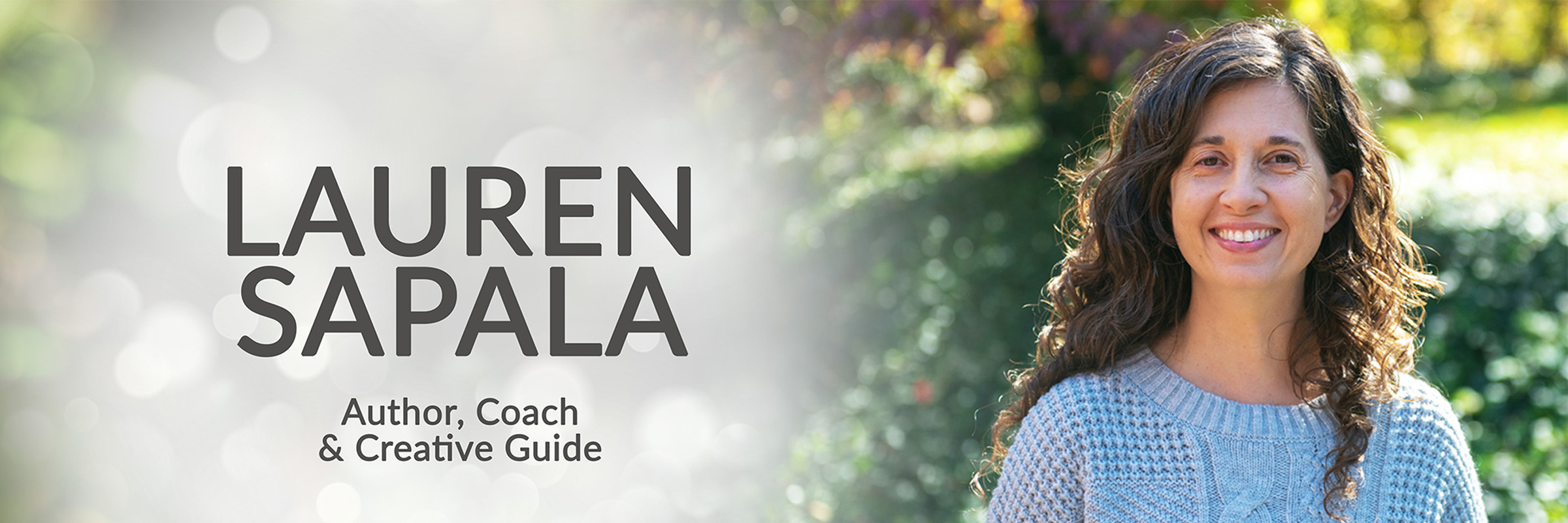
INFJ personality types and INFP personality types often attract people who want to form friendships, but who also give mixed messages. These messages may include:
“I like you,” and “I’m jealous / threatened by you.”
Or, “we’re friends,” but “I want to see you fail.”
This type of “friend” is known as a “frenemy,” because they embody traits of a friend, and also traits of an enemy. The mixed messages that INFJ personality types and INFP personality types receive in these types of friendships are very confusing and hurtful, and we usually internalize the messages and blame ourselves.




